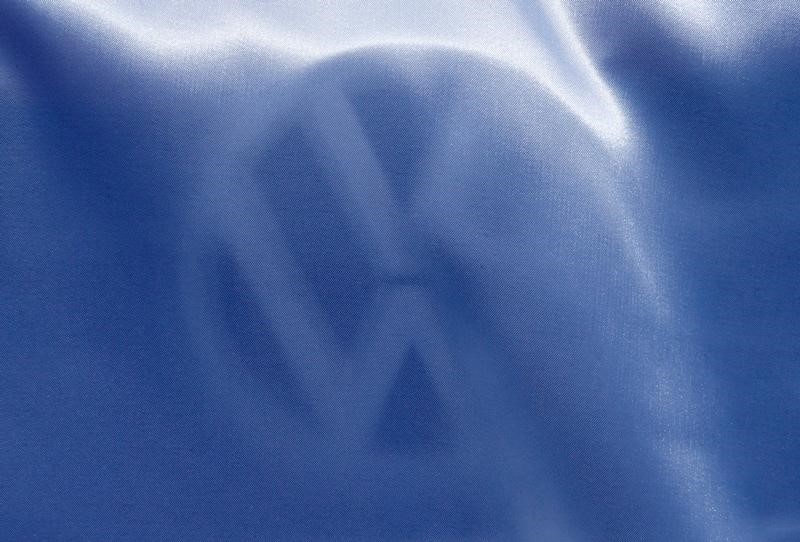BERLIN (Reuters) - The German transport ministry announced plans on Tuesday to set up a new institute to test vehicle emissions to try to restore consumer confidence after the Volkswagen (DE:VOWG_p) scandal.
The ministry said it would found a new testing institute involving the auto industry, ministries, consumer organisations and environmental groups.
However, the KBA motor vehicle authority, which reports to the transport ministry and currently oversees vehicle testing, will remain responsible for licensing new models.
Since Volkswagen admitted to cheating U.S. diesel emissions tests in September 2015, the German government has come under fire for not doing enough to crack down on vehicle pollution and for being too close to the country's powerful car industry.
The ministry said the new institute would test about 70 car models a year in real road conditions rather than laboratory conditions, and the emissions and fuel consumption results would be made public to allow car buyers to make better comparisons.
On Monday, Reuters reported the transport ministry was also pushing carmakers to update the engine management software in up to 12 million diesel vehicles in the country, citing people familiar with the talks.
Volkswagen's 2015 admission that it used software to cheat U.S. diesel emission tests highlighted the laxness of the European Union's own tests, which are currently organised on a national rather than a pan-European level.
The European Commission is seeking broader supervisory powers, including the ability to impose fines on carmakers, but Germany is lobbying to keep vehicle testing and vehicle licensing a national affair.
The German ministry also said an Opel (N:GM) Zafira car and a Smart For Two produced by Daimler (DE:DAIGn) produced more carbon dioxide than they should, although the Smart model still needed to undergo further tests. Both versions of the models in question are now discontinued.
Zafira diesels already on the road will have to undergo a software update, the ministry said, although the licences for both vehicles will not be withdrawn.
The ministry ordered tests of 29 models as a result of the Volkswagen scandal. Ten models still need to be tested in the coming months, while 17 passed the test.

European governments have promoted diesel cars as part of efforts to fight climate change as they produce less carbon dioxide than petrol cars, although environmental groups have cast doubt over how much less they produce and have focused instead on the levels of toxic nitrogen oxides they emit.